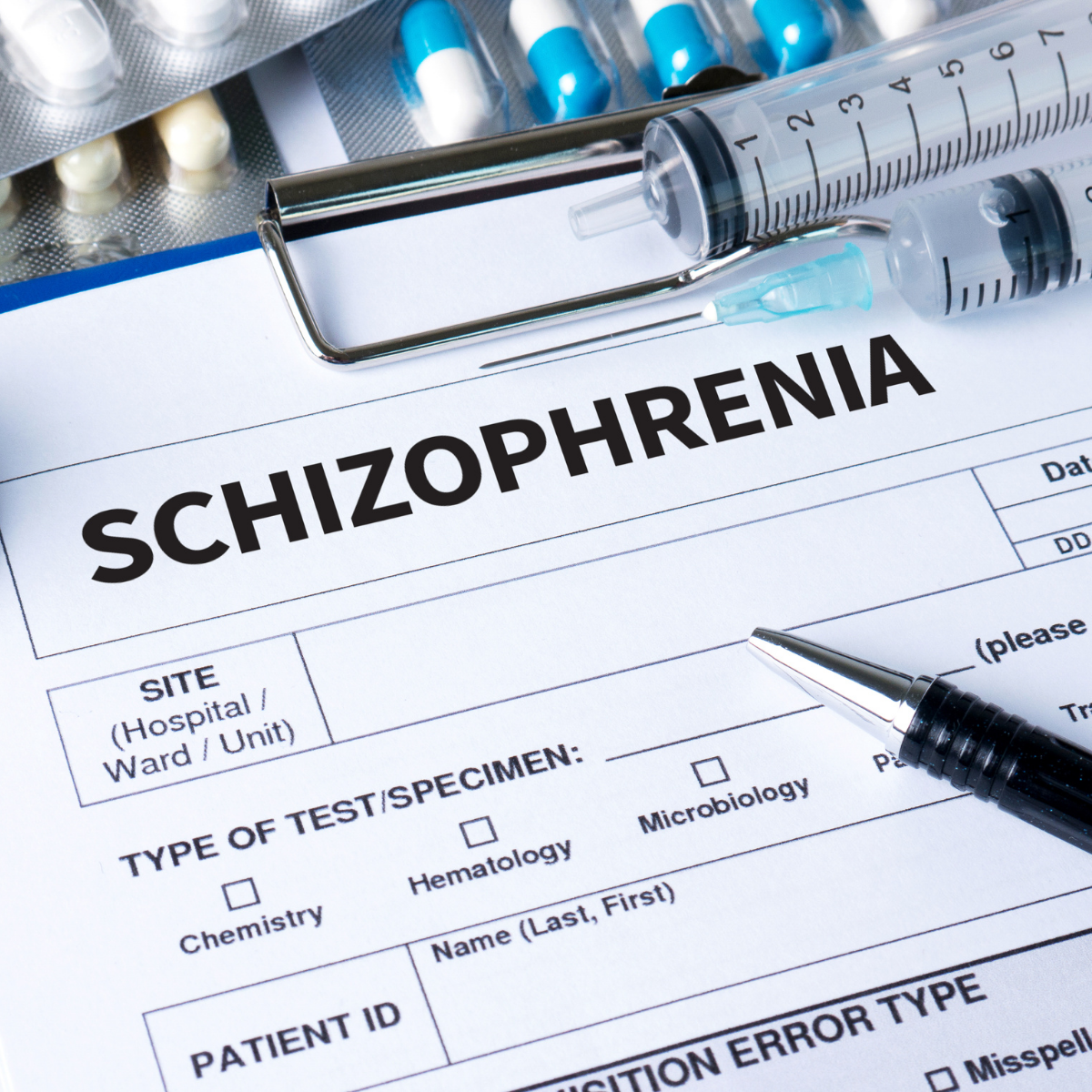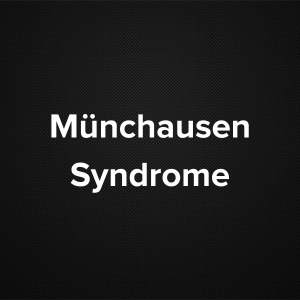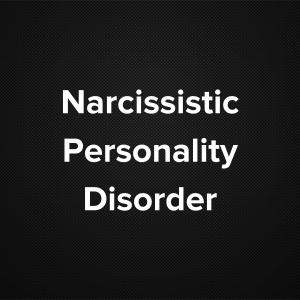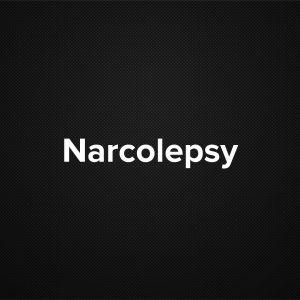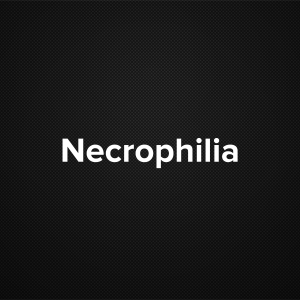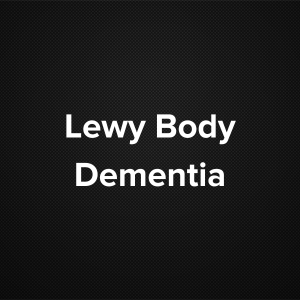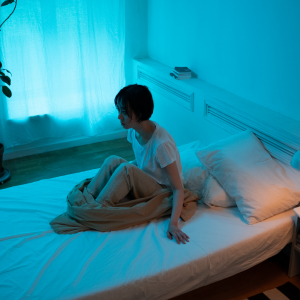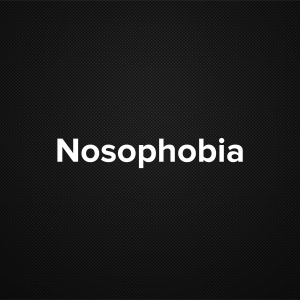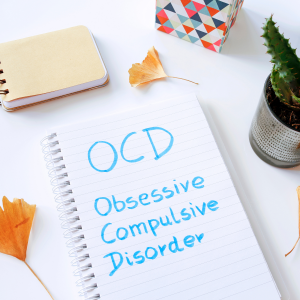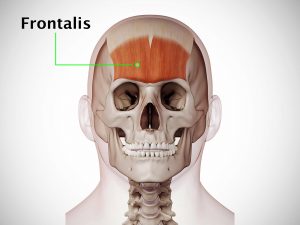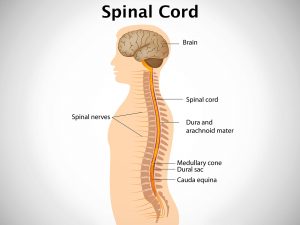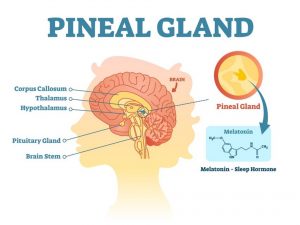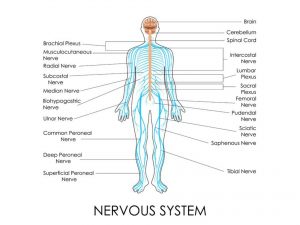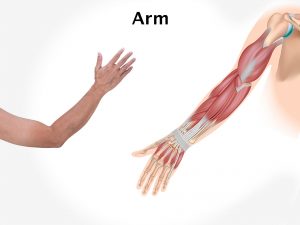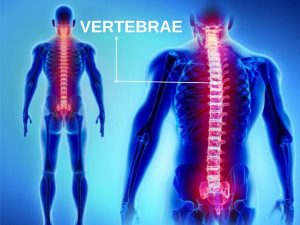Causes and risk factors
The exact cause of paranoid schizophrenia is not known. It is believed to be caused due to a complex group of genetic, psychological, and environmental factors. Difference in brain structure, chemical changes in CNS, problems in neurotransmitters like glutamate and dopamine also contribute to the disease condition.
Clinical presentation
A person with paranoid schizophrenia shows prominent symptoms like experiencing hallucinations especially auditory like whistling, laughing, and delusions such as that of being persecuted, exalted birth, bodily change, and jealousy. Delusions, such as believing a co-worker wants to poison him. Hallucinations of smell, taste, sexual or other bodily sensations are present. Additional symptoms include anxiety, emotional disturbance, violence, argumentativeness, self-important or condescending manner. The person becomes hostile in nature. Person has suicidal thoughts and behaviour. There is disorganisation in thought process. Person has difficulty in recollecting recent events. The person with paranoid schizophrenia behaves very differently and over suspicious towards others. Becoming detached or socially isolated, being defensive, having trouble seeing own problems, having trouble relaxing; being hypersensitive to criticism, having trouble working with others, being quick to become angry and hostile, believing that others have hidden motives or are out to harm you, doubting the loyalty of others.
Investigation
Medical history by the patient and psychological evaluation by the psychiatrist or psychotherapist helps in diagnosis. It is necessary to differentiate the disease from other psychological disorders such as personality disorder or bipolar disorder. Imaging studies such as MRI of brain may be useful for further evaluation and ruling out other causes. Complete blood count is required to be done. Screening for alcohol, Thyroid functions should be carried out.
Treatment
Psychotherapy is required for treating paranoid schizophrenia. It involves cognitive behavioural therapy, which teaches anger management techniques, relaxation techniques. Getting enough sleep helps keep a stable mood in some patients. Medications like anti psychotics, anti depressants, anti anxiety drugs, mood stabilizers help in treatment of the disease. Electroconvulsive therapy [ECT] may be used to treat schizophrenia. Individual and family counselling will also help in managing schizophrenia. Hospitalisation may be required in severe episodes of disease.
Other Modes of treatment
The other modes of treatment can also be effective in treating paranoid schizophrenia.
Homoeopathy is a science which deals with individualization considers a person in a holistic way. This science can be helpful in combating the symptoms. Similarly the ayurvedic system of medicine which uses herbal medicines and synthetic derivates are also found to be effective in treating paranoid schizophrenia.
